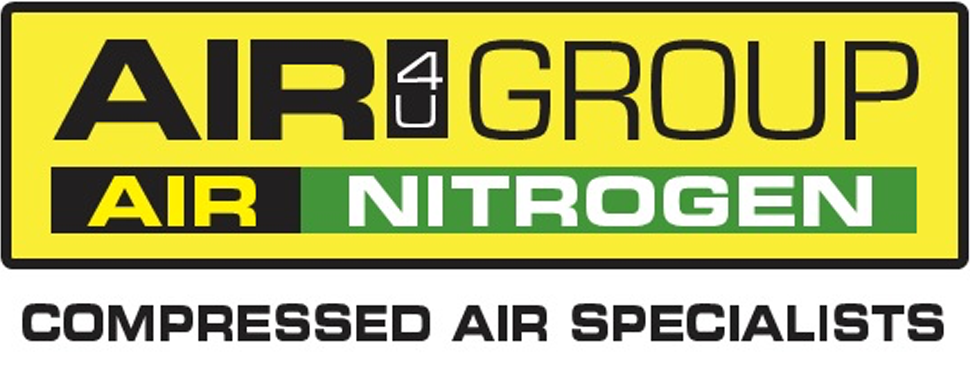Why is Compressed Air Quality important?
In some instances, it can be vitally important to your process that the compressed air is of the right quality.
Compressed air can contain unwanted substances, for example, contaminant particles, water and oil, as well as dust. Depending on your application, these substances can impair production results and even increase costs. The purpose of air treatment is to produce the compressed air quality you require. When the role of compressed air in a process is clearly defined, finding the system that will be the most profitable and efficient in that specific situation is simple. It is a question, among others, of establishing whether the compressed air will come into direct contact with the product or whether, for example, oil mist can be accepted in the working environment.
ISO8573 is the international standard relating to the quality (or purity) of compressed air
ISO8573-1 lists the main contaminants as solid particulate, water, and oil. The purity levels for each contaminant are shown separately to express a specific quality, three digits are used, separated by dots.

I.e. ISO8573-1 Class 1.4.1.
The first digit (1) is the class of particles (solid and liquid impurities).
The second digit (4) is the class of moisture (gaseous) and water (liquid) content.
The third digit (1) is the class of total oil content (liquid and gaseous).
Solid/ Contaminant particles in compressed air
It all starts with the ambient air that has to be compressed. When it is compressed, these contaminants are concentrated in line with the air pressure increase.
That means that compressed air can contain many times as many dirt particles. Unfortunately, most of them are so small (under two microns) that an inlet filter only removes 20% of them.
Water in compressed air
Atmospheric air contains water vapour, when this air is then compressed, the water concentration will increase. To avoid future problems in the compressed air system, the wet air needs to be treated. This typically is achieved by using drying equipment. There are a number of ways to dry compressed air, the most common are refrigerant dryers or desiccant dryers.
Oil in compressed air
The quantity of oil in compressed air depends on several factors, including the type of machine, design, age and condition. There are two main types of compressor design in this respect: those that function with lubricant in the compression chamber and those that function without lubricant. In lubricated compressors, oil is involved in the compression process and also is included in the (fully or partially) compressed air. However, in modern, lubricated piston and screw compressors the quantity of oil is very limited.
With the right treatment, such as filters and dryers, your compressed air system can be protected from all of these contaminants
Whatever your needs, our team can advise on the right system for your process.
If you wish to find out any further information please follow the link to send us an email at sales@air4ultd.co.uk
Also, why not check out our blog “Is the air from your compressor safe to breathe?” https://www.air4ultd.co.uk/is-the-air-from-your-compressor-safe-to-breathe/

